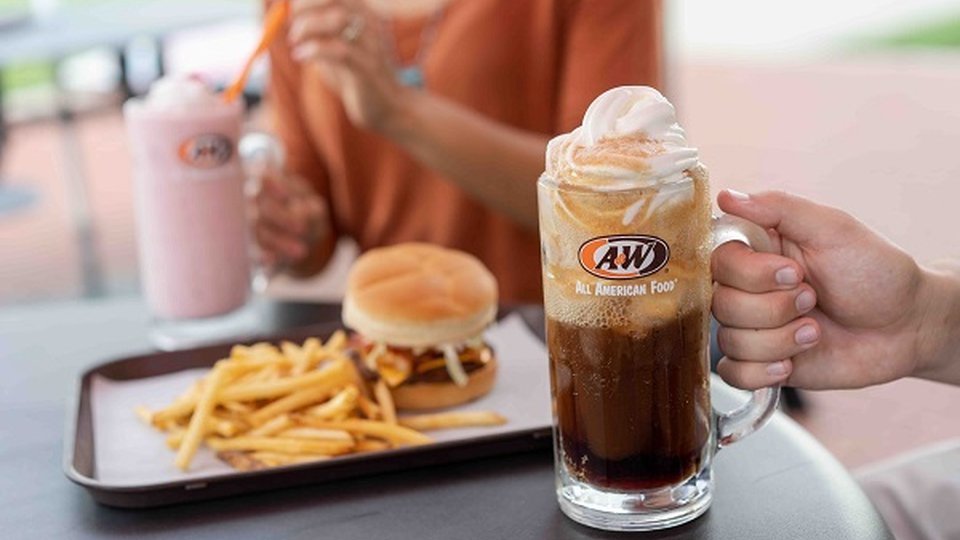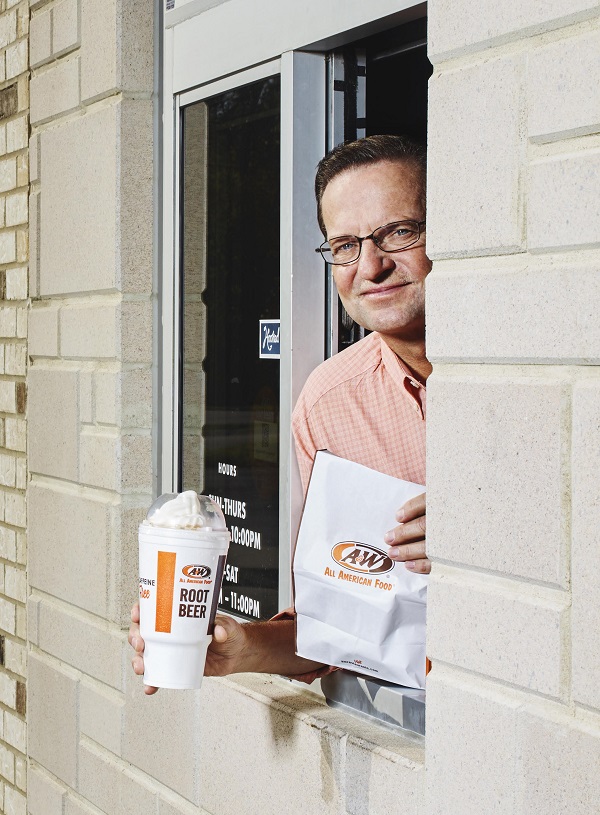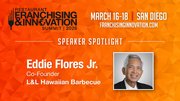Operations
A&W: An unusual form of ownership doing unusually well
Franchisee-ownership of a brand may be rare, but one QSR that has operated under that structure for most of the last 10 years, is proof that it can be successful.

March 2, 2021 by S.A. Whitehead — Food Editor, Net World Media Group
Franchisee-owned QSRs are rare. If you asked industry veterans for a few examples of successful brands built on the structure, you'll get plenty of silence and blank stares in return. In fact, many industry insiders, including Harold L. Kestenbaum, said it rarely works.
"I personally don't think that this is a good business model," Kestenbaum said in an email to QSRweb. "This means that they have to police themselves and may not be as strict as a franchisor not franchised-owned would be.
"Who issues the default notices? I think that this is a model that will not succeed."
But for Lexington, Kentucky-based QSR A&W, the model appears to be succeeding. A&W CEO Kevin Bazner said its transition 10 years ago to a franchisee-owned business model is related to why it has recorded nine straight years of same-store sales growth.
Not bad for a QSR which recently celebrated its centennial and bases much of its business around rural communities.
As A&W racked up another year of solid gains, QSRweb chatted with Bazner about how and why the franchisee-owned company approach works for the chain.
"I personally don't think that this is a good business model."
-Franchise attorney Howard Kestenbaum
Q: What kind of things were considered before A&W migrated to franchisee ownership and what we the two biggest factors in that choice?
A:The primary reason A&W franchisees acquired the brand was the ability to protect their best interests over the long term. One of the two factors pushing the acquisition in favor of franchisees was a competitive offer. The second was that Yum Brands CEO David Novak believed that the A&W franchise group was best-suited to be successful stewards of the brand.
 |
| A&W CEO Kevin Bazner takes a turn at manning the drive-thru.(Photo provided) |
Q: Compared with other restaurant company ownership models, what would you identify as the top three advantages of being a franchisee-owned company?
A: The top three advantages (include):
- There is no exit strategy. This allows for decision-making that benefits the brand over the long term, rather than focusing on decisions aimed at divesting the business within a defined time frame.
- All stakeholders are on the same page regarding strategic initiatives, allowing for quicker execution once decisions are made.
- Franchisee leadership input on all initiatives that impact our individual restaurants ultimately leads to better decision-making for the brand.
Q: Conversely, what do you see as the top challenges to being a franchisee-owned company?
A:The alignment required under franchisee ownership generally takes more time and advance planning, so as to avoid delays in implementing key initiatives. (Also) franchisees tend to look at how initiatives will affect their individual operations, so the leadership team needs to be more thoughtful and provide a broader "big picture" point of view.
Q: Can you provide some examples of those aforementioned qualities in action at A&W?
A: Broadly, the best advantage we see from our ownership structure is that all stakeholders' interests are directly aligned. The best specific examples I can give have materialized over the past year as we have worked our way through all of the issues brought on by the global pandemic.
In March of last year, we directed our franchise community to suspend all royalty and ad fund payments for a three-month period. This helped preserve their cash, allowing them to better weather the significant sales declines we experienced in March and April of 2020. Essentially, we made the decision quickly and early in the pandemic to operate the company and our ad fund with zero revenue for a 90-day period, even longer if necessary.
Our single priority quickly became to help all of our franchise partners to survive and get to the other side of this global crisis. I doubt any other franchisor responded as quickly in support of their franchise community as we did. Fortunately, system sales began to pick up dramatically in May, and comps have been up double digits since.
"The best advantage we see from our ownership structure is that all stakeholders' interests are directly aligned."
-A&W CEO Kevin Bazner
Q: How does franchisee ownership change the CEO's job at a restaurant company — both favorably and perhaps not so much?
A: Favorably, in my experience, there has always been a bit of friction between the interests of franchisees and franchisors. Our franchisee ownership structure significantly reduces that friction allowing more focus on getting alignment to move the business forward.
On the other hand, I have a lot of bosses to satisfy!
Q: How do you think this form of ownership alters – if it does – the ability to be agile as a company and move quickly from idea to action?
A:Our franchisee ownership actually allows us to move more quickly in implementing our initiatives. We have good processes and systems in place to keep lines of communication open and all stakeholders aligned.
In the first year of our ownership — with input from all stakeholders — we established a brand strategy to focus on quality as our long-term value proposition. This brand strategy has been the consistent filter we use to evaluate all brand initiatives and helps immensely in the approval process. It has produced nine straight years of comp store sales growth.
Our processes allow for sufficient time to get input from all stakeholders before time becomes a factor and we, the franchisor, make the initial investments in all key initiatives before requiring our franchise partners to do so. Using our own money first allows us to keep moving forward while collecting data and evaluating results before making recommendations to our franchise partners. All recommendations are made with positive restaurant level ROI impact as the primary key performance indicator.
Q: Are culture and efforts toward more diversity and inclusion affected in any specific ways by this form of ownership?
A:Since day one of our acquisition and becoming an independent brand again, we established our "One Team" culture that continues to strengthen every year. Our One Team culture fully embraces all stakeholders (franchise and supply chain partners, Restaurant Support Center team members and shareholders) and pro-actively keeps them engaged with all of our business initiatives.
With input from all stakeholders, we created a well-defined diversity and inclusion mission statement outlining the strategies for our Restaurant Support Center, franchise community, supply chain partners and our involvement in the communities that we live.
Q: How does having franchisees as owners alter the innovation process brand-wide and what tools does the company have in place to facilitate that?
A: Again, we have good processes and communication systems in place to solicit feedback from all stakeholders allowing us to capture a lot of terrific ideas on an ongoing basis. Weekly zoom meetings with our franchise leadership group and regular webinars with our franchise community are the key ways in which we facilitate capturing these ideas in todays' working environment. Using our brand strategy to filter innovation is key to prioritizing those ideas in which we decide to develop.
Q: If you were talking to a fellow restaurateur who was on the fence about whether to float the idea of franchisee ownership with his or her brand and its board, where would you advise them to start in ascertaining if that brand would thrive under this model?
A: I would start with one question: Do you believe you can make better more impactful decisions with or without direct franchisee involvement?
We feel very strongly that we make better decisions for our brand with franchisee involvement and our results over the past nine years since acquisition support this.
About S.A. Whitehead
Pizza Marketplace and QSRweb editor Shelly Whitehead is a former newspaper and TV reporter with an affinity for telling stories about the people and innovative thinking behind great brands.
 ChatGPT
ChatGPT Grok
Grok Perplexity
Perplexity Claude
Claude








